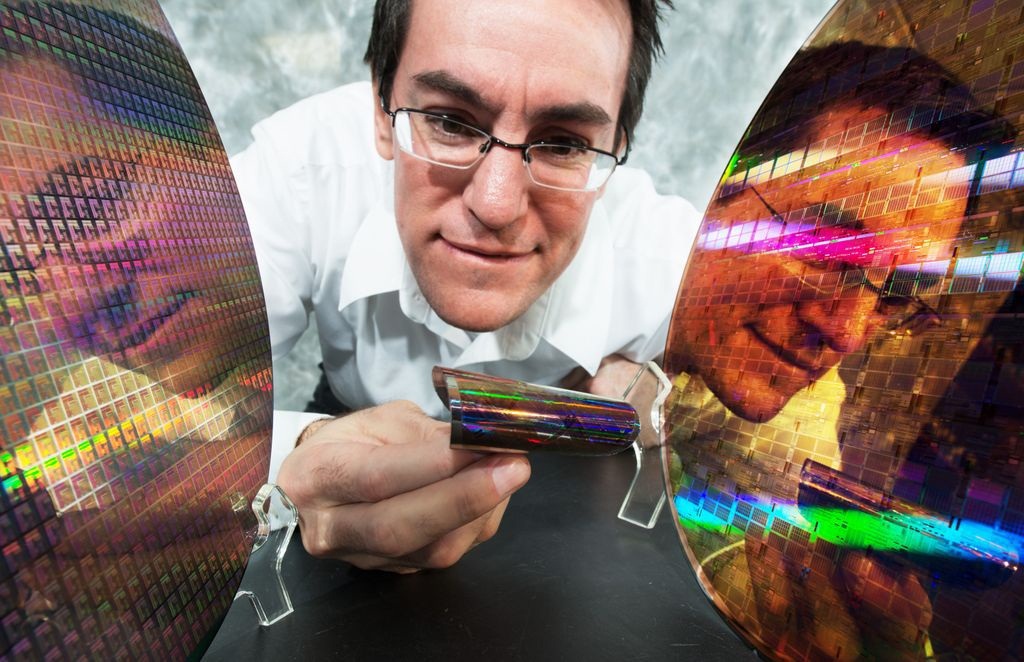Why patents matter

Manny W. Schecter is IBM's Chief Patent Counsel.
Think about it. When your automobile isn't running smoothly, you don't throw away your car or start to build a new one. You take it to a mechanic to have it tuned up so it runs more efficiently.
As a patent attorney, I feel the same way about the U.S. patent system. There have been calls for abandoning all or parts of the system, stemming from what I believe is an overreaction to the so-called smartphone "patent wars," such as the Apple versus Samsung and RIM versus Nokia cases, and a lack of understanding about how the patent system works.
We should not throw away the U.S. patent system because of some highly publicized lawsuits involving companies that are (still) among the most profitable in the world. Patent disputes are nothing new. Historically, companies have gone to court to resolve issues in such diverse areas as sewing machines, agriculture, winged flight and telegraph technology. While each example represents a different industry, the similarities are that the litigation occurred during marked technological advances and generated similar outcries about a "broken" system. Yet in the intervening years, the patent system supported a remarkable amount of innovation that has dramatically improved our lives -- from life-saving drugs to putting the world's information in the palm of our hands -- while helping to generate economic growth.
And as far as smart phones are concerned, you would be hard pressed to identify an area characterized by greater consumer choice, faster cycles of innovation, and greater positive social impact. The system we have -- warts and all -- seems to be providing some of the most rapid innovation and dissemination of attendant societal benefits we have ever seen.
Much of the debate today centers on calls for software patents -- supposedly the cause of increased litigation -- to be restricted or eliminated. But what would that do to the U.S. economy? Of the 10 global companies with the largest software revenue, six of them have headquarters in the U.S. Software patents actually contribute to the success of the U.S. software industry, and we want to continue that protection of IP. In addition, software is increasingly the way innovation is taking place in all industries, from automotive to health care. Patents should be awarded for all ideas that are truly novel, not because they take one form of implementation over another.
Patents provide inventors with the security to speak and publish freely about their inventions. Restricting or eliminating software patents will lead to less sharing of new ideas as people and companies reduce disclosure via the patent system and related publications. This will lead to less innovation, not more.
While my position on the U.S. patent system has created some interesting reactions over the past few months, I'm not saying that the system does not need improvement. Such a complicated system can always be improved and IBM will continue to advocate for appropriate changes.
The America Invents Act, which is the most significant U.S. patent reform of my generation, was signed into law after years of negotiation and compromises between the constituents who use the system. Let's see how implementation of the law works over time instead of hastily abolishing the patent system or certain types of patents.
Why? Intellectual property (IP) can comprise up to 75 percent of a company's value, economists say. And IP-intensive industries contribute $5 trillion to the U.S. economy. That adds up to 40 million jobs in the U.S., or 35 percent of the gross domestic product (our nation's output of goods and services).
My company invests more than $6 billion a year in research and development. In 2012, IBM inventors were issued 6,478 patents across a diverse range of areas including mobile computing, healthcare, retail, security and energy efficiency. So clearly, we feel strongly that a strong U.S. patent system protects the intellectual property of those who make the effort to invent things and create innovation. For IBM, that will include technologies such as those found in IBM Watson, which are ushering in a new era of computing that will create systems that can learn and change the way people interact with computers.
The inventions protected by patents have dramatically changed -- for the better -- the way that we live and work. Let's keep improving the system, not abandon something considered so important to our nation's founders that they included a provision in the U.S. Constitution calling for a means to "promote the progress of science and the useful arts by securing for limited times to inventors the exclusive right to their respective discoveries."
IBM was issued a record number of 6,478 patents in 2012. For more information, read our press release.
This post was originally published on Smartplanet.com